Health Economics and Outcomes Research (HEOR)
Health Economics and Outcomes Research (HEOR) is a pivotal discipline for pharmaceutical, biotechnology, and medical device companies, aimed at demonstrating the value of their products in terms of both economic efficiency and patient outcomes. This field plays a critical role in a product's lifecycle, from development through to post-marketing, influencing everything from pricing strategies to market access.
Understanding HEOR
HEOR encompasses a variety of studies designed to establish the value proposition of health technologies. This includes cost-effectiveness analysis, budget impact analysis, disease modeling, and the evaluation of real-world outcomes. By demonstrating how a product can improve health outcomes and/or reduce costs, companies can provide compelling evidence to payers, physicians, and regulatory bodies about the value of their innovations.
The Role of HEOR in Product Development
For pharmaceutical and biotech companies, HEOR begins at the early stages of product development. Incorporating HEOR considerations early in the clinical development phase allows companies to design trials that not only demonstrate clinical efficacy and safety but also gather data on health outcomes that will be crucial for later economic analyses. For example, a pharmaceutical company might incorporate quality-of-life assessments in its phase III trials to support a value-based argument for its drug.
Medical device companies also rely heavily on HEOR, particularly given their unique and varied nature of use in healthcare settings. These companies often face the challenge of demonstrating that a new device not only improves patient outcomes but does so at a reasonable cost, considering the complexities of device operation and integration into existing healthcare practices.
Optimaxaccess as a HEOR consultancy is composed of experts in health economics, epidemiology, statistics, and life sciences who work collaboratively to evaluate the impact of health technologies.


HEOR and Market Access
Market access is one of the primary areas where HEOR has a significant impact. Regulatory approval from bodies like the FDA or EMA does not guarantee that a product will be successful; it must also be accepted by payers and incorporated into clinical guidelines. HEOR provides the necessary evidence to support reimbursement submissions and negotiations with insurance companies and other payers.
A robust HEOR strategy can show that a new drug, biologic, or medical device is not only clinically effective but also cost-effective. This is especially critical in markets with single-payer systems or where healthcare costs are tightly controlled. For instance, demonstrating that a new cancer treatment can extend life expectancy at a lower per-QALY cost than existing treatments can be a key factor in securing funding from health services.
HEOR in Pricing Strategies
HEOR also informs pricing strategies. By understanding the economic value of their product, companies can set a price that reflects this value. This process involves detailed analyses to compare the new product’s cost-effectiveness against that of current standards of care. For high-cost biologics, for example, HEOR can justify a higher price point if the therapy significantly reduces long-term healthcare costs by preventing hospitalizations or other expensive interventions.
for more information about HEOR’s Role in Market Access
The Importance of Real-World Evidence (RWE)
The growing importance of real-world evidence is reshaping the scope of HEOR. Traditional clinical trials are controlled and often do not fully represent how a product will perform in a real-world setting. RWE studies, which analyze the outcomes of products used in routine clinical practice, are becoming a cornerstone of HEOR. These studies can provide ongoing evidence of a product’s effectiveness and safety, supporting continuous assessment of its economic value and real-world utility.
Pharmaceutical and biotech companies increasingly rely on RWE to support post-marketing surveillance and to extend the indications of their products. For medical device companies, RWE is crucial for demonstrating long-term safety and effectiveness, which can significantly influence adoption rates by healthcare providers.
HEOR and Regulatory Compliance
HEOR is also tied to regulatory compliance. In regions where health technology assessments (HTA) are required for market access, such as Europe, HEOR studies must align with local HTA body requirements. These assessments often demand rigorous economic and outcomes data to support the use of a product in the public health system. Failure to meet these requirements can result in restricted use or denial of reimbursement, which can severely limit a product’s market potential.


Strategic Decision Making with HEOR
In strategic terms, HEOR helps pharmaceutical and medical device companies make informed decisions about where to allocate resources. By identifying the therapeutic areas and products with the most compelling health economic profiles, companies can prioritize their research and development efforts. This strategic alignment is crucial in a landscape where development costs are high, and the pressure to demonstrate value is intense.
Overall, HEOR is a critical function within pharmaceutical, biotech, and medical device companies, affecting nearly every facet of a product’s journey from the lab to the marketplace. By effectively utilizing HEOR, companies not only enhance their product’s chances of commercial success but also contribute to better health outcomes across the healthcare system, aligning the interests of manufacturers, payers, providers, and patients.
Have Questions?
Please complete the form below to contact us for more information

